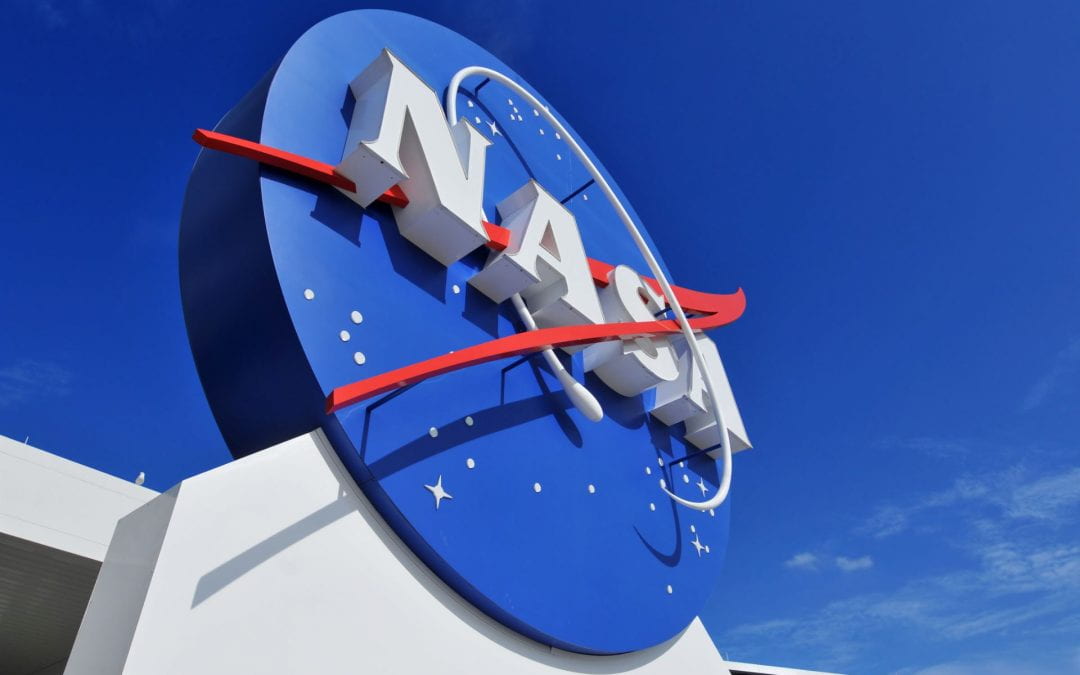NASA has awarded QuantCAD a $150,000 Small Business Innovation Research (SBIR) Phase I grant to develop and test quantum magnetic sensors for use in various applications.
A participant in Cohort 1 of the quantum accelerator Duality, QuantCAD is working to advance simulation software for modeling noise and current in quantum devices.
Under the proposal, QuantCAD will design high-sensitivity isotopically-purified all-electrical chip-scale atomic magnetometers. These will have orders of magnitude improved sensitivity if the semiconductor hosts are isotopically purified and related device parameters optimized.
“Quantum sensing is a revolutionary set of technologies that promise inexpensive and efficient detectors. This all-electrical magnetometer is particularly exciting due to its emphasis on quantum sensing without complex optics or microwave circuitry,” said Michael Flatté, chief scientist at QuantCAD.
These small-scale magnetometers avoid challenges related to gas diffusion through glass cells, radiation damage associated with fiberoptics, and, unlike fluxgate magnetometers, do not need to self-calibrate.
The devices have several applications in aerospace, health, and noninvasive materials monitoring. Examples include GPS-denied navigation, magnetocardiography, underground/underwater anomaly detection, planetary probing and solar weather monitoring, and high-resolution crack detection.
“As a company, we are excited by this opportunity to further our mission of enabling the rapid growth of quantum devices,” said QuantCAD CEO Jennifer Flatté. “This contract enables us to broaden our research team and further develop our partnerships within the quantum community.”
Based on its progress during the six-month Phase I period, the company may submit a proposal for $850,000 in Phase II funding to develop a prototype, as well as other opportunities.
“NASA is working on ambitious, groundbreaking missions that require innovative solutions from a variety of sources – especially our small businesses,” said NASA Deputy Administrator Pam Melroy. “Small businesses have the creative edge and expertise needed to help our agency solve our common and complex challenges, and they are crucial to maintaining NASA’s leadership in space. The SBIR program is one of the key ways we do that as well as creating jobs in a growing, sustainable space economy.”

